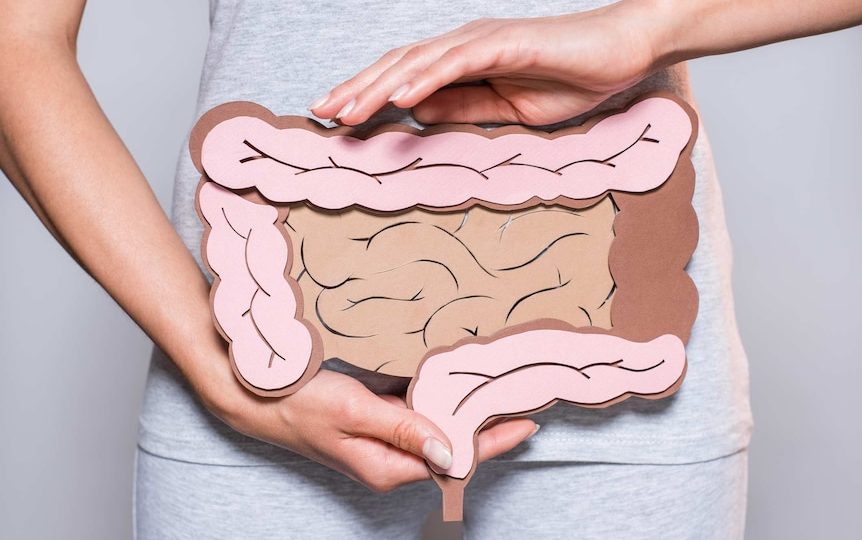
A Comprehensive Guide On Colonic Irrigation
Colonic irrigation or hydrotherapy is the process of cleaning out the colon. It has numerous benefits, such as weight loss and improved digestion. However, it also has risks you must be aware of before undergoing the procedure.
The following article delves deeper into what colonic irrigation entails, its benefits, risks, and alternatives. Read on;
What Does Colonic Irrigation Entail?
Colonic irrigation, also known as colon cleansing or colonic hydrotherapy, involves flushing the colon for waste removal.
A colonic hygenist performs this 45-minute activity, inserting a tube into the colon. Next, approximately 60 liters of water filled with additives such as probiotics and vitamins is pumped into the colon. Your abdomen is then massaged during a waiting period to move the fluid.
The liquid used and fecal matter in your body is then flushed out. You will need to go to the toilet to complete the process.
Benefits Of Colonic Irrigation
Some of the benefits of colon cleansing include:
Weight Loss
Increased Energy
Better Digestion
Treats Inflammatory Bowel Diseases
Clear Thinking
Most of these benefits are not proven scientifically; hence it is good to be careful. Moreover, colonic irrigation should be done cautiously as it could damage the colon, causing more issues.
Cons Of Colonic Irrigation
The side effects of colonic irrigation include:
Anal Soreness
Dehydration
Bloating
Bacterial Infection
Mild Abdominal Cramping
Some reports claim that some patients have experienced more severe issues, such as heart disease, fatal electrolyte imbalances, and colon perforations during the insertion of the colonic tube.

The following people should not undergo colonic irrigation:
People suffering from kidney or heart disease
People who have had colon surgery
People with gastrointestinal conditions such as colitis and Crohn’s disease.
Alternatives To Colonic Irrigation.
Colonic irrigation does not address the underlying causes of digestive discomfort, which is a major problem. All you will end up doing is working on the issue without dealing with the root of it, which will not bear any fruits. This is where improving your diet and lifestyle comes in.
Cleaning up your diet and incorporating a healthy lifestyle will help your gut health and ensure that you do not have to do colon hydrotherapy.
They include incorporating the following;
Probiotics help contribute to gut health. You can do this by taking yogurt or probiotic supplements.
Hydration. Ensure that you keep hydrated by taking lots of water and foods high in water, such as watermelons, celery, and lettuce.
Healthy fiber helps prevent constipation and keep the digestive system moving effectively. Sources of healthy fiber include fruits, whole grains, and vegetables.
Herbal teas assist in promoting good digestive health. You can use laxative herbs like aloe vera to help with constipation and take teas rich in ginger and cayenne as they suppress harmful bacteria. However, note that laxatives overuse can reduce the body’s ability to move stool and lead to constipation.
Vegetable consumption should also be increased. However, please do not overdo it as it could cause bloating in some people. It is recommended only to add one or two to your meal and eat several of them daily to feed the good gut bacteria in the body.
Reduce bread intake and wheat products as they cause bowel discomfort due to their high gluten.
Supplements promote colon health. Always talk to your doctor before taking any supplements to guide you on how to go about it and which ones you should add to your daily routine.
Exercise also promotes gut health. The more active you are, the more you can avoid constipation, reduce inflammation and increase the diversity of gut microbes. Therefore, strive to keep your body active by exercising at least thrice a week.
Colon irrigation is a colon cleansing procedure that helps treat various conditions. It helps improve the quality of life, bowel motions, and people’s independence. However, it does not come without risks, such as colon perforation and fatal electrolyte imbalance. It is therefore advised to talk to a hydrotherapist to guide you on this procedure and alternative methods. They will let you know of all your options before going forward. Ensure that they are certified by the National Board for Colon Hydrotherapy(NBCH) to protect yourself from any issues that may occur during the hydrotherapy.









